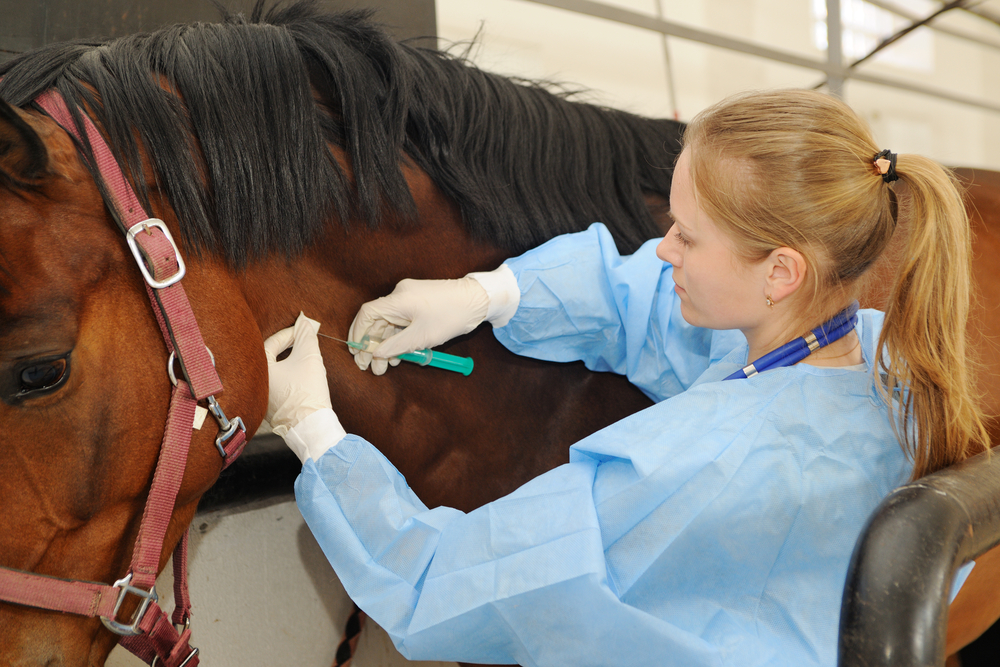Understanding horse behavior is crucial for anyone involved with these magnificent creatures. An often overlooked aspect is how tooth issues can significantly affect a horse’s behavior. Many equestrian enthusiasts may not immediately connect behavioral changes with dental health, but there is a profound link.
In this article, we’ll explore the various ways in which dental problems can manifest in behavioral changes and how you can address these issues to ensure your horse remains healthy and happy. We’ll also delve into the importance of regular dental check-ups and the role of an equine dentist.

Overview of Horse Behavior
Horses are known for their gentle yet expressive nature. Understanding their behavior involves observing their body language, vocalizations, and interactions with humans and other horses. When a horse exhibits unusual behavior, it may be a sign of an underlying issue, including dental problems.
Common Tooth Issues in Horses
Horses can suffer from a variety of dental issues, including sharp molars, oral tumors, and misalignment. These problems can cause significant pain and discomfort, leading to changes in behavior.
Sharp Molars
Horses with sharp molars may have difficulty chewing food properly. This can result in inadequate nutrition and discomfort while eating. To learn more about this issue, check out this sharp molars article.
Oral Tumors
Oral tumors can also cause discomfort and lead to changes in eating habits and overall demeanor. It’s essential to recognize the signs early and consult with a veterinarian. For more information, visit this oral tumors page.
Misaligned Teeth
Misaligned teeth can cause uneven wear and tear on a horse’s teeth, leading to pain and difficulty eating. Regular dental exams can help identify and correct misalignment issues.
Behavioral Signs of Dental Problems
Horses with dental issues often display certain behavioral signs, such as:
- Reluctance to eat or dropping food
- Head tossing or shaking
- Bit resistance or difficulty bridling
- Unusual aggression or irritability
Importance of Regular Dental Check-Ups
Regular dental check-ups play a vital role in maintaining a horse’s oral health. An equine dentist can identify potential issues early and provide necessary treatments. A thorough dental exam is especially crucial before purchasing a horse to avoid unforeseen complications.
Role of an Equine Dentist
An equine dentist specializes in diagnosing and treating dental issues in horses. They perform procedures such as floating teeth, extracting problematic teeth, and addressing other dental concerns. Regular visits to an equine dentist can prevent many behavior-related issues.
How to Care for Your Horse’s Teeth
Proper dental care is essential for preventing tooth issues. Here are some steps to maintain your horse’s oral health:
- Schedule regular dental check-ups
- Monitor your horse’s eating habits
- Provide a balanced diet
- Use appropriate dental tools and techniques
Preventing Dental Problems
Preventing dental problems involves maintaining a consistent dental care routine and being vigilant about changes in behavior. Early intervention can save your horse from discomfort and ensure they lead a happy, healthy life.
Connecting Behavior and Dental Health
Recognizing the connection between your horse’s behavior and dental health is key to addressing any issues promptly. By understanding this relationship, you can provide better care and improve your horse’s quality of life.

FAQs
What are common signs of dental issues in horses?
Common signs include reluctance to eat, head tossing, bit resistance, and changes in behavior.
How often should my horse have a dental check-up?
It’s recommended to have a dental check-up at least once a year or more frequently if your horse has known dental issues.
Can dental problems affect my horse’s overall health?
Yes, dental problems can lead to nutritional deficiencies and behavioral changes, affecting overall health.
For further reading on equine dentistry, visit this equine dentistry page.
This article contains affiliate links. We may earn a commission at no extra cost to you.
